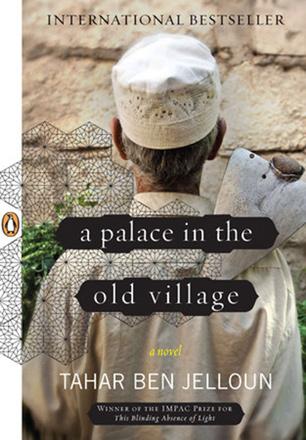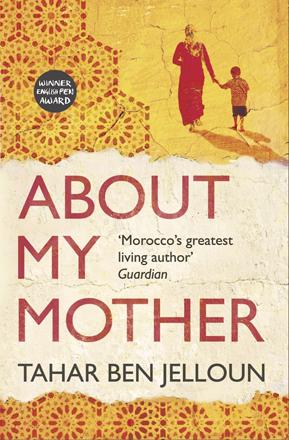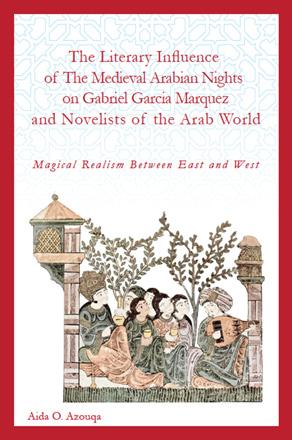You are here
‘A stubborn dream’
By Sally Bland - Jan 20,2019 - Last updated at Jan 20,2019

A Palace in the Old Village
Tahar Ben Jelloun
Translated from French by Linda Coverdale
New York: Penguin, 2011
Pp. 183
Renowned Moroccan writer Tahar Ben Jelloun’s novel, “A Palace in the Old Village”, is the story of Mohammed, a Moroccan who worked on the assembly line of a car factory in France for virtually all of his adult life.
Since he is a rather average character, this might seem to be a rather simple story, but it is not, for it deals with existential questions and can be read on several levels.
In one sense, it is a parable of what has become an archetypal experience in the modern world, that of the immigrant who spends most of his life working in a foreign country to give his children a better life, but in the process loses them to assimilation in said country.
On another level, it is a very personal, stream-of-consciousness narrative of a man facing retirement, who revisits his whole life wondering what went wrong, thus diverging from parable which is usually quite abstract.
Mohammed’s premonition that retirement leads to or is equivalent to death may be extreme in his case, since he did little in life to develop friendships or interests outside of work that could have filled his time in retirement. Still, his feelings mirror a human dilemma that exists not only for Moroccan immigrant workers: fear of death or of being useless.
The generation gap which he bemoans, separating him and his children, is also a near-universal phenomenon, though accentuated in his case by the importance Arabs attach to family.
Another layer is added to the story by Ben Jelloun’s imaginative capacity for writing about dreams and surreal, mental images, which occur more and more often in Mohammed’s mind as the story progresses.
Two things are important to Mohammed: his Muslim faith and his family. He is a firm believer in mainstream, moderate Islam. The Koran “was everything to Mohammed: his culture, his identity, his passport, his pride, his secret”. (p. 9)
He abhors violence and racism, whether French against Arabs or Arabs against black Africans. He is always gentle, if slightly detached, from his wife and children. Some of the more entertaining passages of his narrative are his ridiculing of hypocrites and charlatans who spread superstition in the name of religion.
The passages about his relations with his children are less funny: “not that they’ve noticed that I’ve fallen into ‘tirement. They ask me no questions, drop by briefly and head out again without paying any attention to how I feel … Everything changes. It’s hard to accept that we can find ourselves so quickly in a different world. Our forefathers didn’t prepare us, told us nothing. They’d never have imagined that men would leave their land to go abroad”. (p. 65)
For his part, “Mohammed couldn’t imagine, much less accept, that his children’s lives could slip through his fingers.” (p. 116)
For this reason, one feels apprehensive when he announces his plan to build a big, new house in his village in Morocco, where he anticipates that his whole family, including all his children, will assemble for the Eid al Kabir. It was a “stubborn dream, but he knew that one day he would make it come true”. (p. 8)
Ben Jelloun is not making fun of Mohammed for his dreams, but rather forewarning of the pending tragedy. The only one who joins him at the house, aside from his wife, is Nabile, his loveable nephew with Down’s Syndrome, whom Mohammed’s sister entrusted to his care, thinking the boy would have more opportunities in France.
Ben Jelloun portrays Mohammed as both wise and naïve. He never got in trouble because he followed all the rules, went to work even if sick, did not drink or indulge in women, and stayed clear of politics in France and Morocco.
On the other hand, he missed out on many of the joys of life, not just because he was working so hard, but because it was not in his mind set. For example, he realises that he never really laughed with his wife, much less told her he loved her. Though he was kind, marriage mainly meant that his wife agreed with him on everything.
Through Mohammed’s stubborn, yet gentle, and sometimes bewildered spirit, Ben Jelloun critiques the harshness of modern society: workers whose life is little more than their work, and rulers and bureaucrats who are indifferent to the needs of poor, rural Moroccans, whether they stay in their village or are returning from working abroad.
But most of all, he pays tribute to this generation of workers who literally gave their lives for the next generation, often getting little in return.
Related Articles
About My MotherTahar Ben JellounTranslated by Ros Schwartz and Lulu NormanLondon: Telegram, 2016Pp.
The Literary Influence of the Mediaeval Arabian Nights on Gabriel Garcia Marquez and Novelists of the Arab WorldAida O.
The Moor’s AccountLaila LalamiNew York: Vintage Books, 2015Pp.

















